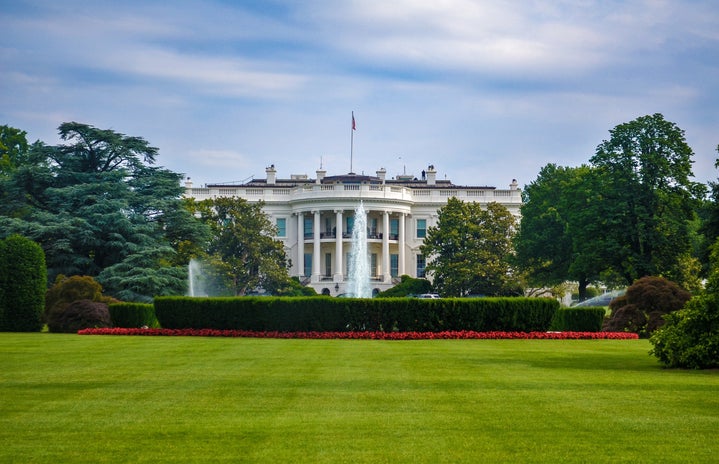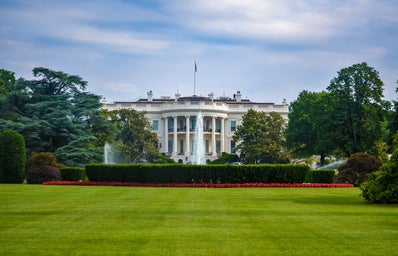Political candidates are so immersed in the public eye that they’re inevitably subject to endless scrutiny. Memes like Bernie vs. Hillary, Ted Cruz is Kevin from the Office, and the “Hotline Bling” lip dubs are all over the Internet, and chances are at least 80% of your Facebook notifications are your friends liking posts about the candidates’ latest slip-ups and fumbles. All of that criticism comes with the territory of being a public figure, but what about the scrutiny of their significant others? And what about when other candidates are doing the scrutinizing? Where do we draw the line between acceptable teasing and merciless online attacks?
Putting the spouses of political figures on blast isn’t new; in fact, it goes all the way back to 1817, with president James Monroe’s wife Elizabeth. She tightened restrictions on White House access, and her predecessor, American sweetheart Dolly Madison, was a hard act to follow. When former president Bill Clinton’s affair with Monica Lewinsky went public in 1998, Hillary Clinton was vilified by the public as a cold, unsatisfying, unsupportive wife. First Lady Michelle Obama has been under constant criticism for being “overbearing” with her Let’s Move campaign. But just because the American public agrees they don’t like someone doesn’t make it okay to bash them. And the attacks don’t stop there. In the midst of election season, they’re being dealt out by fellow presidential hopefuls.
The culprit of this spousal slander is none other than Donald Trump (shocker, we know.) On Twitter, the potential GOP candidate commented on a nearly nude, professional photo of his wife, former model Melania Trump, used by a super PAC supporting Ted Cruz. In response, Trump attacked Cruz’s wife on the social media site.
“Lyin’ Ted Cruz just used a picture of Melania from a GQ shoot in his ad. Be careful, Lyin’ Ted, or I will spill the beans on your wife!” The vague threat was interpreted as a potential allusion to an alleged affair within the marriage, which Cruz was vehemently denied since the rumor was brought to light. Trump then posted a photo comparing a professional shot of Melania with an unflattering candid of Cruz’s wife, Heidi. He captioned the picture with the hashtags “#nevercruz” and “lyinted.” Cruz responded on Twitter, saying “Donald, real men don’t attack women. Your wife is lovely, and Heidi is the love of my life.” Trump has since apologized for the comments and wishes he could take them back, but the issue here is not the apology, it’s the act itself.
The Republicans aren’t the only candidates dealing with harassment of their families by the media. Bill Clinton deals with misogynist remarks about his wife and their relationship every day, and Bernie Sander’s wife Jane also faces criticism for her activism on his campaign trail. It seems the war on our politicians’ loved ones is not limited to one party, and any easily accessible information is used to judge them, despite what their actual relationship to the campaign may be.
As we said earlier, people in the public eye need to expect a certain degree of public scrutiny, and should develop a thick skin to deal with the haters. That being said, is it fair to judge and attack their loved ones, even if they have no active involvement in the upcoming election? Should these husbands and wives, who are invariably less public than their counterparts, be expected to hold up under the same degree of scrutiny? As young adults in the digital age, we know that the line between teasing and bullying is fine and can have dangerous results if crossed. So why do we not extend this knowledge to public figures? We might be able to know when enough is enough, but our older counterparts are not so in touch with their emotions. As people who understand the distinction, we can take action to prevent unwarranted abuse online and work toward ending that negativity.


